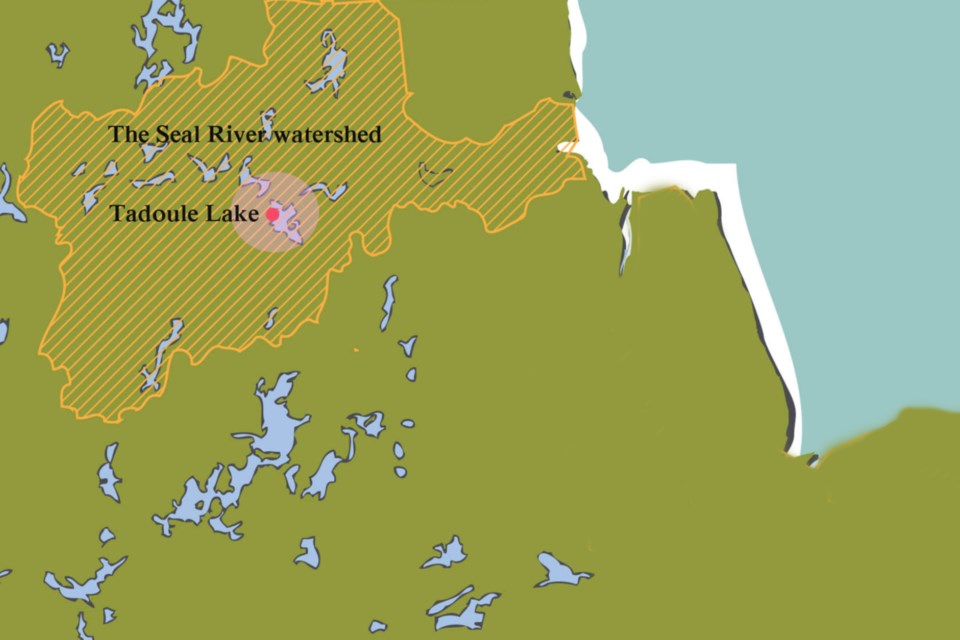A First Nations-led initiative to conserve the Seal River watershed in Northern Manitoba got a financial boost Aug. 20 as one of 67 recipients of Canada Nature fund grants totalling $175 million for conservation projects across the nation.
The initiative to preserve the 50,000-square-kilometre area with no roads, dams, mines or industrial activity of any kind is being led by Sayisi Dene First Nation at Tadoule Lake – which has about 300 members on reserve and 800 overall – in partnership with Northlands Denesuline First Nation at Lac Brochet and O-Pipon-Na-Piwin Cree Nation at South Indian Lake.
“Every aspect of our Dene and Cree cultures, spirituality and identities are rooted in our relationship to the caribou and to the lands which sustain us,” says Ernie Bussidor, a former Sayisi Dene First Nation chief appointed to lead the conservation effort. “Finally we are organizing ourselves as a region in the last corner of the province – a part of which is formerly known as Chipewyan Block – where we are directly involved in the protection and managing of our lands, waters and animals!”
The three-year grant is also a stepping stone towards development of an Indigenous Guardians program to formalize transitional stewardship and management, enhance ecological and cultural tourism and gather Indigenous knowledge and scientific data to support wildlife management.
The Seal River watershed is home to at least 23 species at risk – including polar bears, beluga whales, wolverines, grizzly bears, killer whales, olive-sided flycatchers and lake sturgeon – and an overall total of 260 identified species of animals, insects and plants. About 400,000 caribou spend the winter in the watershed and the 260-kilometre Seal River, designated as a Canadian Heritage River in 1992, is considered the last truly wild river in Manitoba. A provincial assessment of a proposed polar bear park in the same area but significantly smaller at 2.9 million hectares, found that it stored more than 2.4 billion tonnes of carbon.
The Manitoba chapter of the Canadian Parks & Wilderness Society (CPAWs) entered into a partnership with Sayisi Dene First Nation – located abut 1,000 kilometres north of Winnipeg and only accessible by plane or winter road – in 2015 to look at conserving the wild Seal River watershed.
“The seal is one of the last great wild places on our planet of this magnitude,” says CPAWS Manitoba executive director Ron Thiessen. “We look forward to continuing our efforts with Indigenous nations and Canadian governments to conserve the area for nature, culture and sustainable economic opportunities such as eco-tourism. The commitment of the regional Indigenous nations to protect the Seal River watershed’s lands and waters for future generations of people and wildlife is truly inspiring. We owe them a great debt for such a bold vision to protect this global treasure.”




